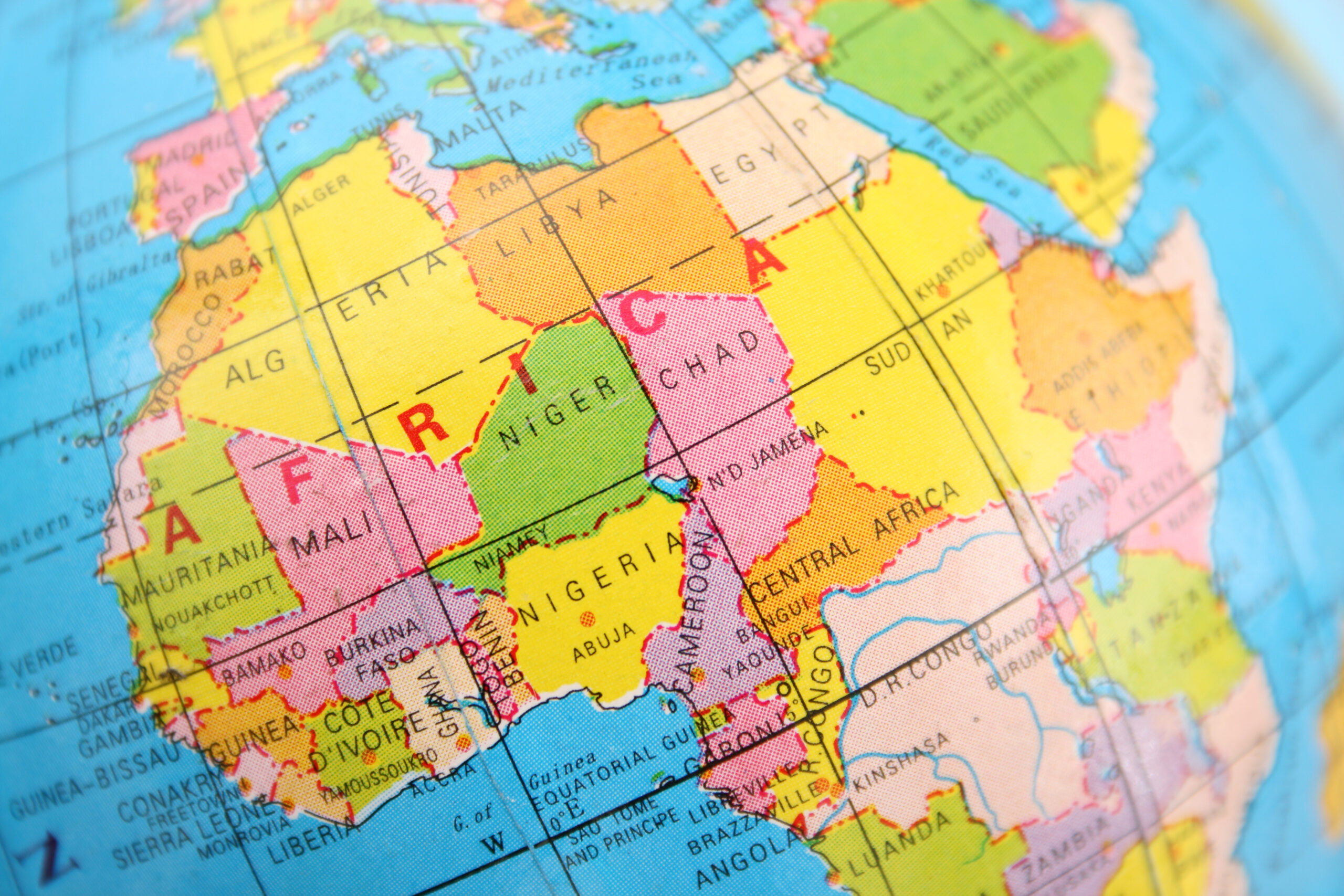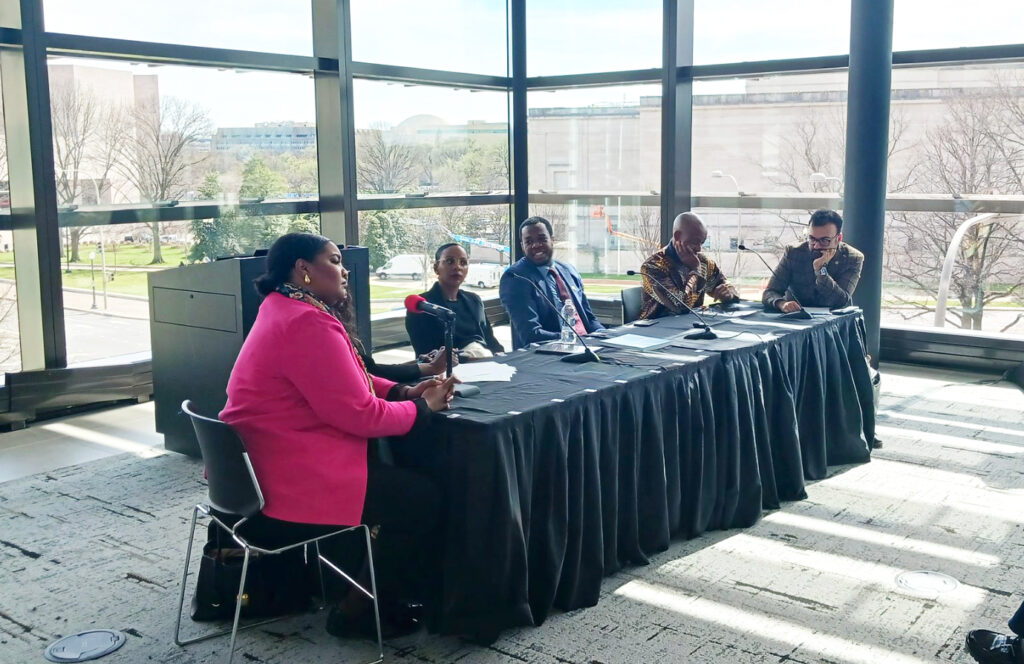Democracy under duress: Panelists discuss coups in Africa
United Nations Development Programme report on military coups in Africa details precipitating factors and gauges public opinion across eight countries

Key takeaways
- Despite a wave of democratization that spread across Africa starting in the early 1990s, yielding progress in favor of constitutional order, there has been an alarming resurgence of coups in the continent.
- Since the release of a United Nations Development Programme report in July 2023, there have been eight more coups; this represents 229% increase in coup incidence over the previous 20-year period.
- Investing in economic development and renewing the contract between people and their governments can go a long way in derisking the region from coups
What explains the recent resurgence of coups in several African countries, especially between 2020 and 2022? To what extent is there popular support for coups in Africa? And what are some of the policy recommendations to derisk the continent from future unconstitutional changes of government?
These are some of the questions experts attempted to answer while discussing a recent UNDP report, Soldiers and Citizens: Military Coups and the Need for Democratic Renewal in Africa. Hosted by the government, policy, and society focus area at the Johns Hopkins School of Advanced International Studies, the event brought together development and governance practitioners, civil society activists, and academics.
“It is my hope that the message of this report—that coups are a deviation from the contract between the military and the state—Africans recognize coups as aberrated engagements of the military from their mandate to protect the state (and not govern its people),” said Chiedo Nwankwor, vice dean for education and academic affairs at SAIS.
Jide Martyns Okeke, coordinator of the regional program for Africa at UNDP, said that the report set out to interview 8,000 respondents across eight African countries. Of those interviewed, 67% believed that democracy was preferable, and only 11% found non-democratic government preferable. Asked about reasons behind their support for non-democratic government, 63% of the latter group said it was due to abuse of democracy. Okeke referenced “a governance deficit in the region,” adding that in some contexts, the study found that ephemeral support for coups is a cry for democratic renewal. Coups were not necessarily popular in and of themselves, Okeke explained, but citizens celebrated the change and hoped for what coups could bring.

The report found that the main precipitating factors for these unconstitutional changes of government included the death of an incumbent, security incidences, and behind-the-scenes political-military dynamics. There were also proximate factors identified, such as insecurity in the Sahel, mounting grievances against corruption, constitutional manipulation, and incompetence.
Structural and institutional factors included a history of military involvement in politics and state fragility. Countries that witnessed coups, for example, had 316 cumulative years of independence, of which more than 200 years were under military coups, pointing to a political culture centered around military coups. There are also strong economic drivers of military coups underlying the correlation between vulnerabilities and coup risk.
Okeke noted that there is cause for optimism, however. There is a rising middle class in the continent, and despite the resurgence of military coups, 22 elections are planned this year. He emphasized the need to veer away from security interventions, which have been the preferred policy of choice in response to coups. He urged investment in economic development and recommended a policy shift to ensure agency and leadership by Africa.
Chidi Anslem Odinkalu, professor of practice in international human rights law at the Fletcher School at Tufts University, expressed concerns about what he characterized as “blind spots” in the report, such as assumptions that every civilian government is inherently legitimate. He pointed to the case of Gabon, where the civilian president won the 2016 elections because of manufactured votes. He added that not every electoral event is democratic; in some cases, heads of state make themselves presidents for life without international rebuke. Tunisia is a country, he noted, where undemocratic takeover of power happened not at the hands of the military, but by civilian leaders.
Nate Allen, associate professor at the Africa Center for Strategic Studies, emphasized the need to hold democratic and non-democratic leaders accountable. There is a need, he said, to align America’s engagements with the interests of the people in Africa and not necessarily with the heads of state. “We can engage with development projects that can bring more benefits to the population to improve the lives of everyday citizens,” Allen said.
Kholood Khair, founder and director of the Confluence Advisory, focused her remarks on the case of Sudan, a country that has experienced 17 coup attempts, of which eight were successful. Khair remarked that there hasn’t been a policy approach to prevent coups from happening. Instead, longstanding approaches have centered around doing business with de facto unelected rulers. The failure to condemn the 2021 coup in Sudan, for example, resulted in a policy that is tantamount to appeasement. Today, the country is gripped by a violent civil war. Engaging with the people who are best positioned to affect democratic change in these countries should be a priority, she said.
Fatma Ahmed, project specialist at UNDP, highlighted different ways of setting policies to prevent coups. In coup-affected countries in particular, Ahmed noted that the international stakeholders need to focus on jobs and education opportunities to support the youth constituencies, which represent a growing demographic in Africa. These efforts are sought in tandem with initiatives to provide transitional roadmaps and return to constitutional orders in a number of affected countries.